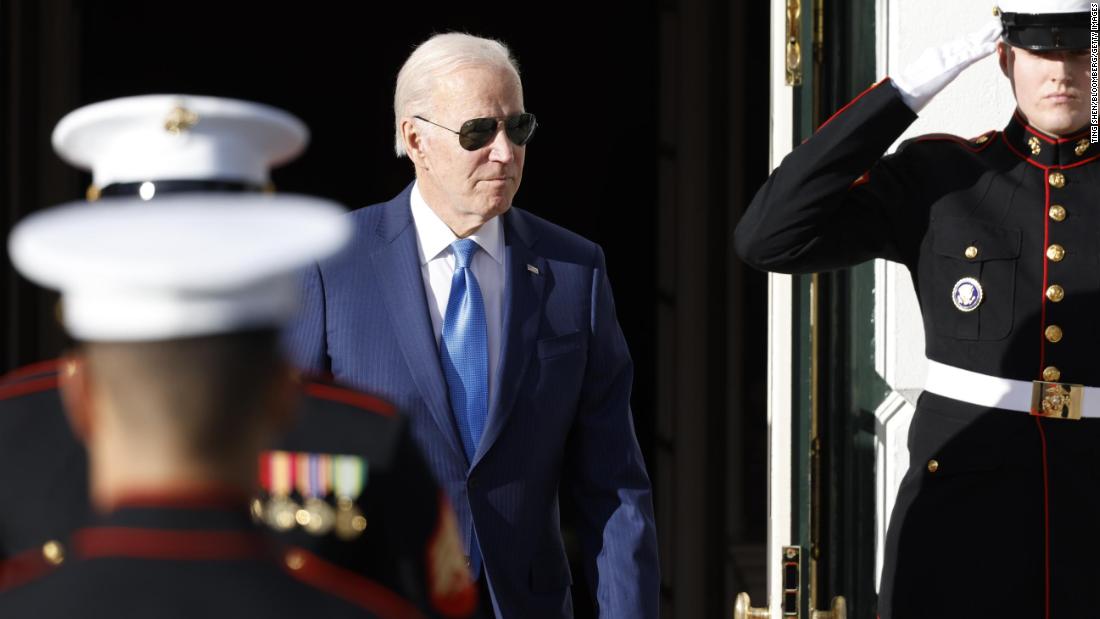Oklahoma Asks Supreme Court to Push Through Long-Delayed Executions
Questions still surround Oklahoma’s execution protocols, including how staff are trained and where the drugs needed for lethal injections are sourced.

In response to a recent decision by the U.S. Court of Appeals for the 10th Circuit to temporarily block the upcoming executions of two Oklahoma prisoners, Oklahoma Attorney General John M. O’Connor will appeal the decision to the U.S. Supreme Court in hopes of resuming executions after several botched lethal injections derailed the state’s death penalty system six years ago, reports the Washington Post. Oklahoma’s death penalty system attracted international attention after the botched executions of Clayton Lockett in 2014 and Charles Warner in 2015 and the nearly botched execution of Richard Glossip months after Warner. Glossip’s lethal injection was called off at the last minute after Department of Corrections officials realized that they had the wrong drugs.
Deborah W. Denno, a Fordham University law professor who studies the death penalty, said states such as Oklahoma have always shrouded their execution protocols in secrecy, including how they train staffers and where they sources lethal drugs. The Oklahoma Department of Corrections addressed lapses with training for executions “to ensure what happened in the past won’t happen again,” lawyers for the state said during a 2020 court hearing.

 Landwebs
Landwebs 





















